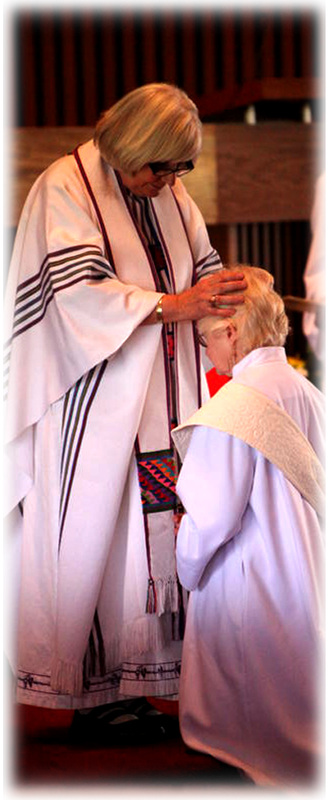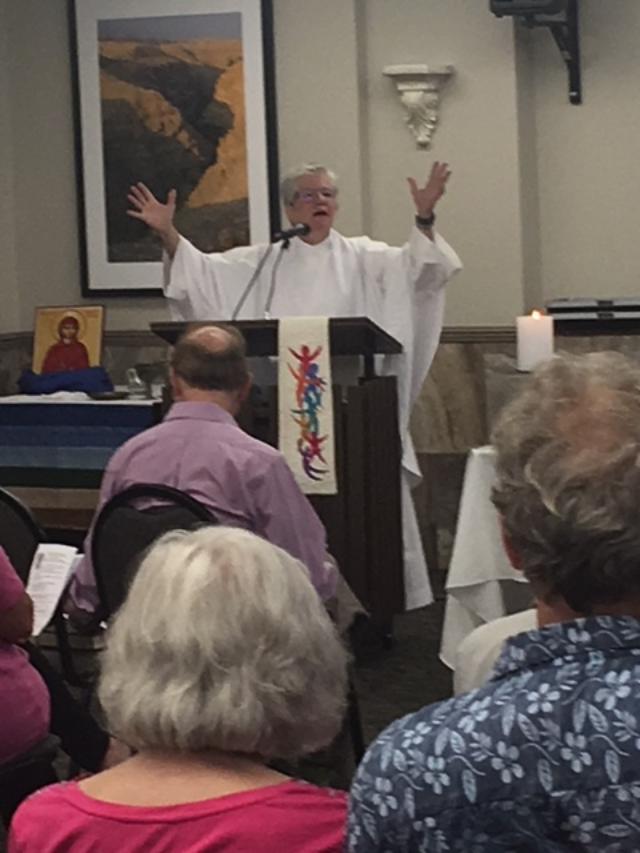September 24, 2023, 25th Sunday in Ordinary Time
Helen Weber-McReynolds, RWCP
Job 38: 1-9, 12-14, 16-18; Phil 3: 20-4:1; Matthew 21: 23-27
In a different part of the Gospel of Matthew than we read from today, in Ch 7, verse 16, it says, “You will know them by their works.” And I think we can conclude, from our readings today, taken together, that the answer to how we begin to understand God is that we know God by God’s works. Never fully, of course, until, by mercy, we see God face to face. But through prayer and silent openness, day by day and year by year, we can get glimpses of God’s wisdom and God’s plan for our lives.
In the reading from Job, the author portrays God as telling Job that God will now ask the questions and that Job is to attempt to supply answers. God then goes on to describe how all the stars of the universe, the Earth itself, the seas, the light, and the darkness all were created. Job and everyone who has read this story since, and indeed all of us can know from this account how magnificent, how profound, and how unlimited is the love of God for us to have created this world for us in all its complexity and beauty. We can know God’s unending wisdom and God’s love for everyone, by studying the stars, the flowers, the mountains, and the animals. In fact, just a few minutes of peaceful encounter with an animal, or better yet, a child, is usually enough to give us a beautiful taste of what God’s love is like.
In our second reading, from Philippians, Paul seems to be inspired by the friendship he has experienced with the community members there and the communion in Christ he has shared with them. He calls them “my joy and my crown.” He had come to understand God better through his encounter with the Philippians, as he testified in other chapters that he had with other communities. He learned about God by the Philippians’ love for him and for one another, by their faith, by their work to help the poor and sick in their community, and by their initiative in spreading the Word to others.
And in the Gospel, Jesus turns the tables on the Temple officials by answering their question with a question, just as God did with Job in the first reading. When asked by what authority he preached and worked miracles, he asked by what authority the officials believed John the Baptist had taught. Note that the officials did not question Jesus’ teaching and miracles, but by whose authority he performed them. And since the officials evaded his question, he did the same with theirs. He lets the officials learn about him and his authority by his works. Since he heals the suffering, since he educates all, since he eats with and visits the houses of the marginalized, it seems obvious that he is authorized by a powerful and indiscriminate love. He is energized by mercy beyond the usual human capacity. His healing is powered by extraordinary care.
We can know God by the works of God as well. Which leads us to the questions, of course of how we use these glimpses of divine wisdom to end the horrific wars taking place on our planet. How do we end gun violence? How do we learn to fairly distribute the world’s wealth? These answers will not come in a flash of magic. But day by day and year by year, in prayer and meditation, we can begin to learn the solutions to the earth’s problem by the benevolence of our Creator. I have faith that they will gradually be open to us, if we are open to see them. May we be inspired, as Paul was, and many other members of God’s people, to begin to chip away at these problems, one relationship and one community and one question at a time. And may we always be thankful for God’s limitless love.
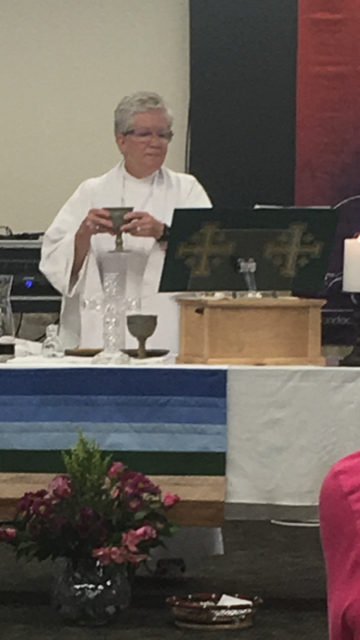
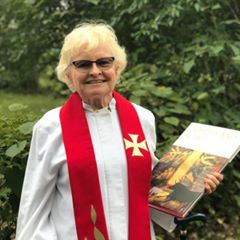
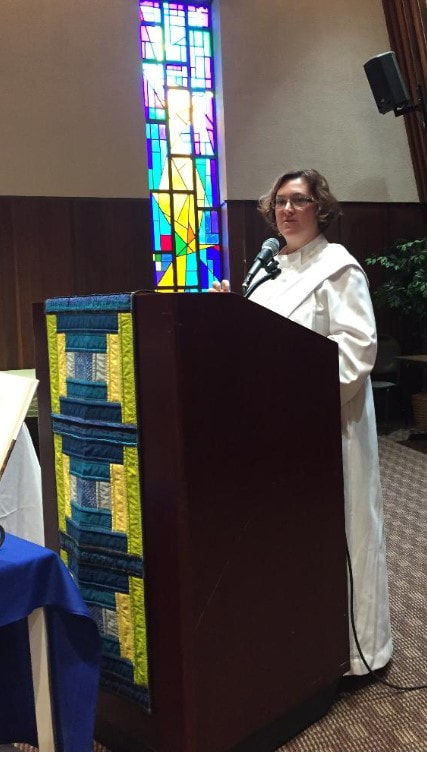
 RSS Feed
RSS Feed
